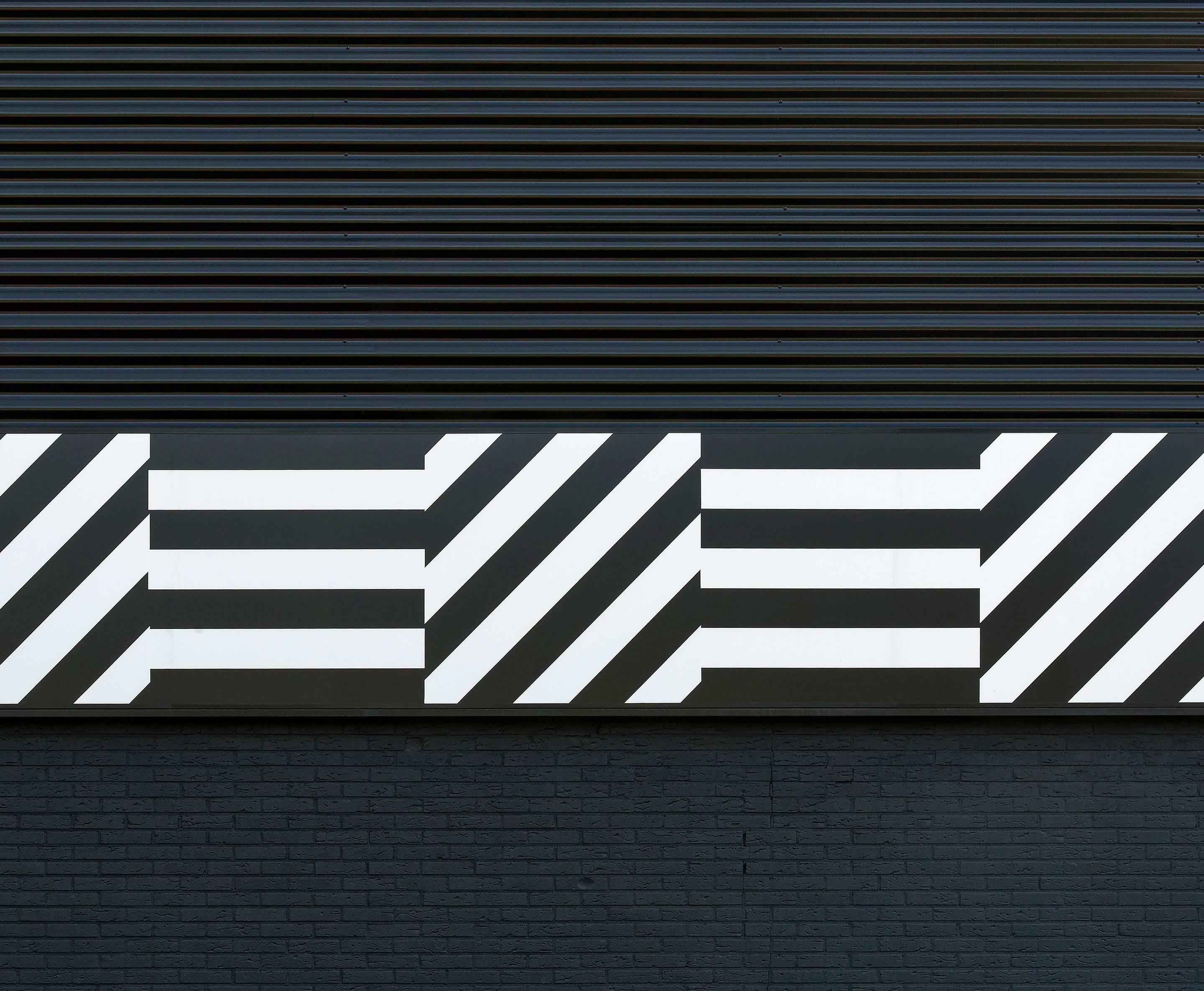
CHRIS FRAIKIN'S photographs of buildings feature strong lines, geometric shapes, and striking colours, and call to mind the work of the famous abstract artist Piet Mondrian. Perhaps there's something in the water in the Netherlands because Fraikin and Mondrian are both natives of that country. But while Mondrian's works were produced in a studio, the canvases that Fraikin chooses are outdoors and in the built environment: industrial buildings and factory sites that were designed to be functional, but which on closer inspection, often also have a certain amount of visual appeal hiding in plain sight.
Producing photographs in this vein is something that Fraikin has only been doing seriously since 2015, and was a reaction to becoming disillusioned with photographing live music. He was looking for a new creative outlet and eventually discovered it by photographing buildings. As Archtracts, a book containing these contemplative, minimalist architectural works, gets a second printing, we caught up with Fraikin to discover more about this long-form project and how it first came about.
Can you describe your photographic style to someone who has never previously seen your work?
I call my works 'archtracts': minimalistic extracts of architectural, urban, and industrial objects. I mainly shoot in industrial areas - usually in the Netherlands - where almost all buildings seem to be nearly the same because they are mainly built for functional content rather than beauty. But if you take the time to open your eyes, you will often discover very interesting details in the shape, proportion or colour schemes in these buildings.
You started out as a graphic designer, and image design is really noticeable in your photographic compositions. Does this training mean that you always see things in geometric terms without having to think about it?
This story is from the {{IssueName}} edition of {{MagazineName}}.
Start your 7-day Magzter GOLD free trial to access thousands of curated premium stories, and 9,000+ magazines and newspapers.
Already a subscriber ? Sign In
This story is from the {{IssueName}} edition of {{MagazineName}}.
Start your 7-day Magzter GOLD free trial to access thousands of curated premium stories, and 9,000+ magazines and newspapers.
Already a subscriber? Sign In
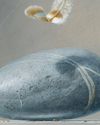
The Art of Copying Art - James Paterson shows you how to use your Canon gear to capture artwork and paintings the right way with simple camera and lighting skills
Whether you want to capture a painting like the above, digitise old prints or reproduce any kind of canvas, there's real skill in capturing artwork with your camera. Not only do you need the colours to be accurate, you also need to master the spread, angle and quality of the light to minimise glare and show the work at its best.This painting by the artist Bryan Hanlon has a wonderfully subtle colour palette. To reproduce the painting in print and digital form, it needs to be captured in the right way.
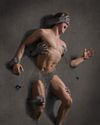
Fright night
Canon photographer and digital artist Alexander loves to craft incredible fantasy scenes with a spooky horror twist
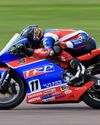
Sharpen your shots with DPP
Sharpening a digital image also increases contrast at the edge of details
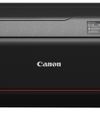
CANON ImagePrograf PRO-1100
Deeper blacks, better bronzing, greater lifespan and 5G Wi-Fi -Canon's new printer is full of new tech, says
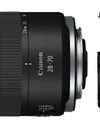
Canon's new 'kit lens' is actually a half-price f/2.8 trinity lens!
The Canon RF 28-70mm F2.8 IS STM lacks a red ring, but borrows premium features from its L-series siblings
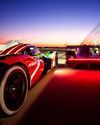
DREW GIBSON
Pro motorsports photographer Drew on why he hasn't (yet) switched to Canon's mirrorless system, why old-school techniques can be the most reliable, and the lessons learned from more than a decade shooting the world's biggest car brands
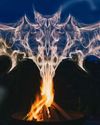
Up in smoke
Make a smoky shape in Affinity Photo and get to grips with the amazing Liquify Persona under the guidance of James Paterson
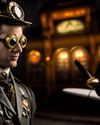
Expand your creativity with Generative Fill
Photoshop's Al-powered feature brings revolutionary new tools to image editing. James Paterson reveals all...
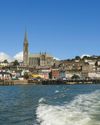
Turn your images into vintage postcards
Wish you were here? Sean McCormack explains how you can give your summer photographs a vintage postcard look
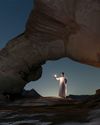
The Angel Malibu
Light painting an American movie producer in the Wadi Rum Desert in Jordan was a highly unlikely evening out for David!